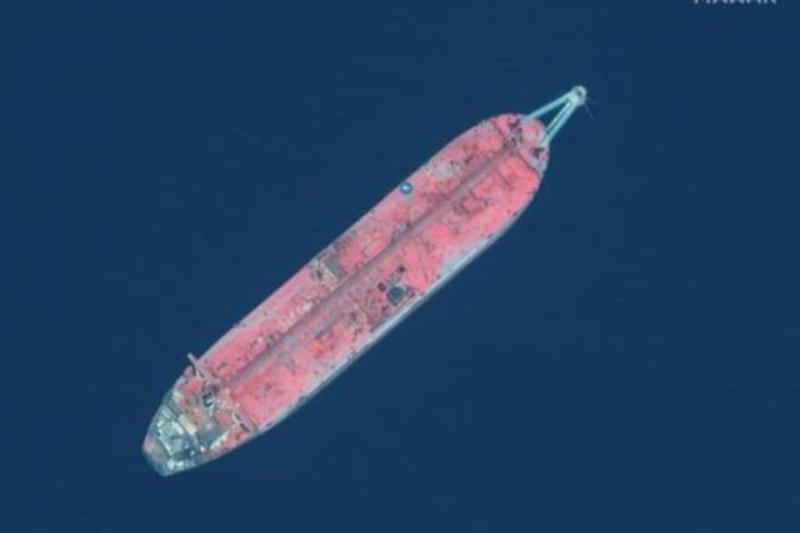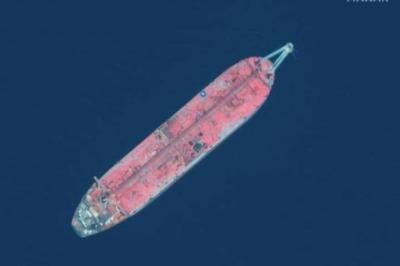On Thursday, the United Nations Security Council demanded that the Houthi rebels allow international inspectors to examine the dilapidated oil tanker "Safer," anchored off the coast of Yemen, without delay, as it poses a threat of a catastrophic oil spill. The Council issued its statement following a session requested by Britain after the Houthis announced that efforts to allow a United Nations inspection mission to access the ship had reached a "dead end."
In its statement, the 15-member Security Council urged the Houthi rebels to "facilitate safe and unconditional access for United Nations experts to conduct an impartial and comprehensive assessment, as well as an initial maintenance mission, without delay." During the session, the UN Office for the Coordination of Humanitarian Affairs (OCHA) informed Security Council members that the inspection mission "remains ready to go" to Yemen to carry out its task. Rina Gilani, a representative from OCHA, stated that this mission "will remain ready as long as we have funding from donors." However, she warned that "some of this funding will soon run out, so we hope that things will start moving much faster."
For years, the United Nations has attempted to secure the ship and prevent a catastrophic oil spill, but it has been unable to do so due to the Houthis, who control the port of Hodeida opposite where the tanker is anchored, refusing to allow their inspectors access to the vessel. In late November, however, the United Nations announced that the Houthi rebels had agreed to send experts to conduct an inspection and initial maintenance of the oil tanker, expressing hope that they could accomplish this task by the end of January or early February, a deadline that continues to get delayed time and again.
The "Safer," built 45 years ago and used as a floating storage platform, is laden with approximately 1.1 million barrels of crude oil valued at about 40 million dollars. The ship has not undergone any maintenance since 2015, leading to the deterioration of its structure and condition. A year ago, water leaked into the engine room, and the vessel is now at risk of explosion or splitting at any moment, which would result in its cargo spilling into the Red Sea. The United Nations warns that an oil spill would devastate ecosystems in the Red Sea, impact the region's fishing industry, and shut down the Hodeida port for at least six months, a vital lifeline for Yemen.
In addition to addressing the corrosion of the ship's hull, maintenance requires finding a solution for the explosive gases lurking in its tanks. The United Nations had previously announced that the Houthis had given their initial approval for a UN team to inspect the tanker, but these Iranian-backed rebels had done the same in the summer of 2019 before backtracking on their decision at the last minute on the eve of the UN team's mission.
Last year, the Houthis demanded guarantees that the tanker would be repaired and that the proceeds from the oil onboard would be used to pay salaries for employees working in administrations under their control. In contrast, the internationally recognized Yemeni government called for any funds from the sale of this oil to be spent on health and humanitarian projects.
The Security Council held its session two days after the Houthis announced that negotiations between them and the United Nations had reached a dead end after several days of discussions. On Tuesday, a committee appointed by the Houthis to coordinate with the UN expressed "deep regret" over the UN's backtracking from maintenance actions that had been signed in November.




